‘Click’ chemistry used to tag proteins made by cancer cells
Drug Discovery World
OCTOBER 26, 2022
The new method involves adding chemical tags to sugar molecules which are added to cells. The researchers genetically modify the cell type they want to study, so that only this type adds the sugar to its proteins. Click’ chemistry .



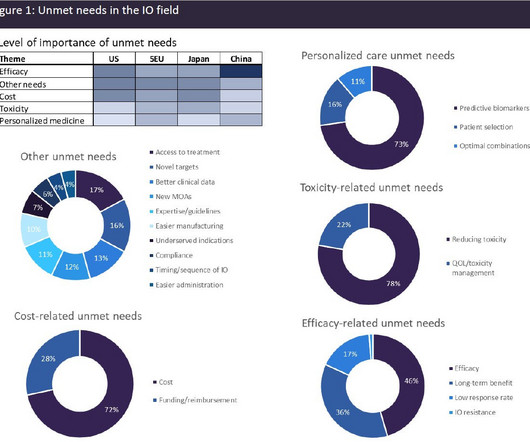
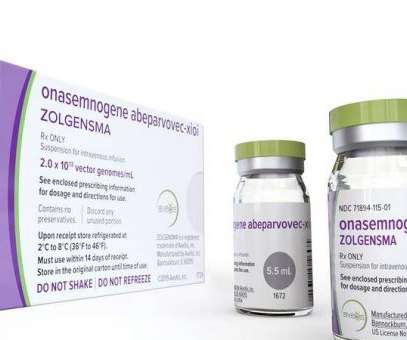
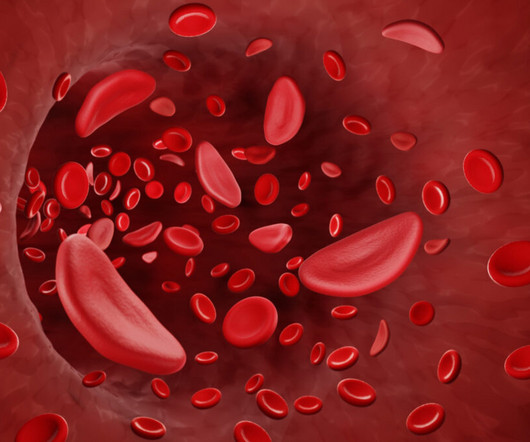


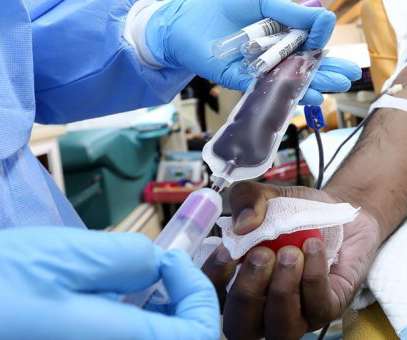
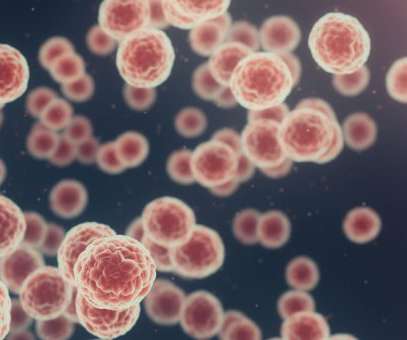

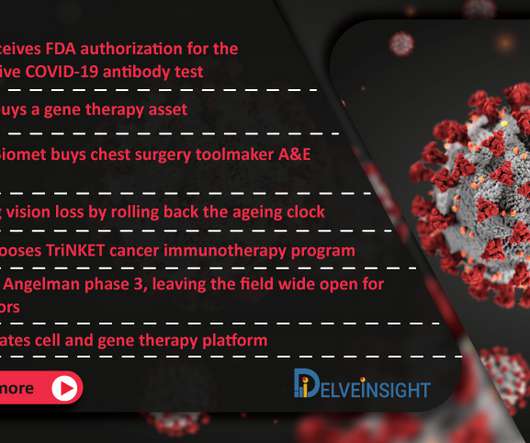







Let's personalize your content